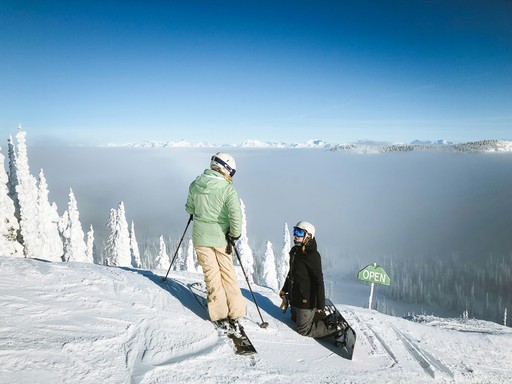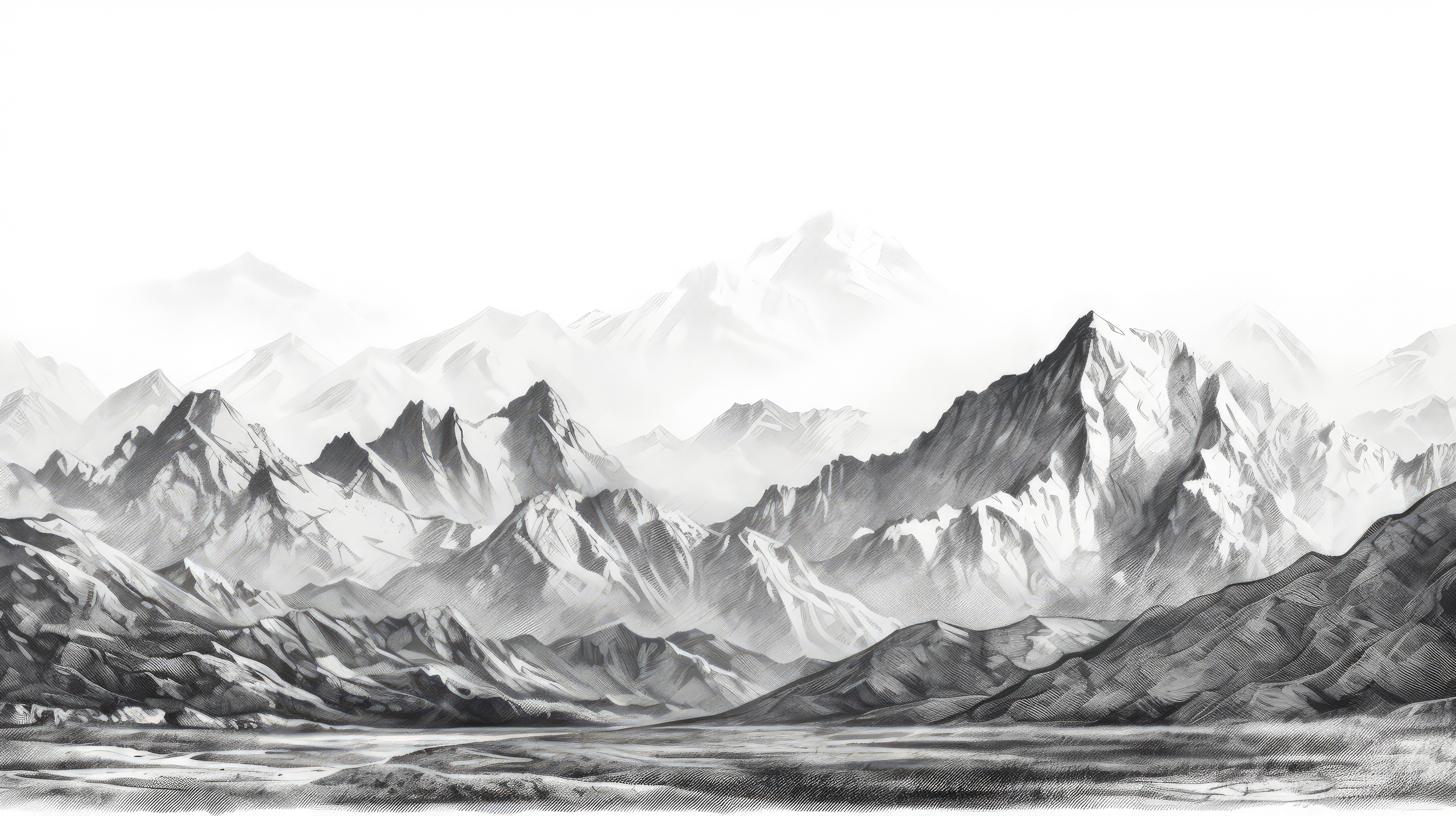Who’s Liable for Skiing Accidents in Colorado? A Comprehensive Guide to Insurance and Liability
Post date :
Dec 6, 2025


Founder, Western Slope Law
Colorado's snowy peaks and world-renowned ski resorts attract millions of visitors each year, offering thrilling adventures amid breathtaking landscapes. However, with the exhilaration of skiing comes risk. Accidents can lead to serious injuries, leaving victims burdened with medical bills and uncertainty about who is liable. Understanding the intricacies of Colorado's ski laws and knowing your rights can make a significant difference in your path to recovery.
Understanding the Colorado Ski Safety Act
Enacted in 1979, the Colorado Ski Safety Act (C.R.S. §§ 33-44-101 et seq.) was established to promote safety by outlining the responsibilities of both ski area operators and skiers. The Act mandates that ski resorts maintain their equipment and facilities, provide proper signage, and manage inherent risks associated with skiing. On the other hand, skiers are expected to ski within their abilities, control their speed, and avoid collisions with others.
Despite these guidelines, accidents still occur. Determining liability often becomes a complex process involving multiple parties and legal nuances. Knowing when a ski resort may be held responsible is crucial for anyone injured on the slopes.
Does Homeowner’s Insurance Cover Skiing Accidents?
Many people are surprised to learn that homeowner’s insurance can sometimes play a role in skiing accidents. Most homeowner's policies include personal liability coverage that protects you if you unintentionally cause injury to someone else, even outside your home. For example, if you collide with another skier and they sue you for negligence, your insurance may cover their damages and your legal fees.
However, homeowner's insurance does not cover your own injuries. It's important to review your policy to understand the coverage limits and any exclusions that may apply. High-risk activities might be excluded, so consulting with your insurance agent is crucial to clarify these details.
Collisions With Other Skiers
Skiing requires a high level of personal responsibility and awareness. In Colorado, the Skier Responsibility Code dictates that the skier uphill has the duty to avoid those below, as they have a better vantage point. If an uphill skier collides with someone downhill due to reckless or negligent behavior, they can be held liable for any resulting injuries.
Negligent behavior includes skiing too fast for conditions, failing to control speed, or skiing under the influence of alcohol or drugs. If another skier caused your injury through such actions, you might have grounds to file a claim against them. This could involve suing the individual directly for damages or filing an insurance claim. In some cases, their homeowner’s or renter’s insurance may cover liability for personal injuries caused.
It's advisable to exchange contact information after a collision and gather witness statements if possible. Also, contact the Ski Patrol and they can assist with any injuries while also gathering necessary details and contact information. This information can be invaluable if you decide to pursue legal action.
Whose Insurance Pays for Injuries in a Skiing Accident?
Your health insurance is typically the first line of defense, covering immediate medical expenses. However, it may not cover all costs, especially if you're treated by out-of-network providers or require specialized care. If another skier is at fault, their homeowner's or renter's insurance could provide liability coverage for your injuries, potentially covering medical bills, lost wages, and pain and suffering.
Similarly, if the ski resort's negligence contributed to your accident, their liability insurance might be responsible for compensating you. Understanding how these different policies interact is crucial to ensure you receive the full compensation you're entitled to, and consulting with an experienced attorney can help you navigate this complex process.
Your Health Insurance
Your health insurance typically covers immediate medical expenses, regardless of who is at fault. This includes hospital bills, surgeries, and rehabilitation costs. Be mindful of coverage limitations, especially if you're visiting Colorado from another state or country. Out-of-network providers may not be fully covered under your plan.
The At-Fault Skier’s Insurance
If another skier is at fault, their liability insurance or homeowner’s policy may cover your damages. This can include medical expenses, lost wages, and compensation for pain and suffering. If the at-fault party lacks insurance, you may need to explore other avenues for compensation, such as filing a personal injury lawsuit.
The Resort’s Insurance
If the resort's negligence caused your injury, their liability insurance might be responsible for covering your damages. This includes situations where poor maintenance, failure to warn of hazards, or employee negligence led to your accident. However, be aware that lift tickets often include waivers that limit the resort's liability for inherent risks associated with skiing.
It's important to note that waivers do not absolve resorts from gross negligence, reckless conduct, or lift-related injuries. If you believe the resort was negligent, consulting with an attorney can help determine if their insurance should cover your injuries.
When Are Ski Resorts Liable for an Accident?
Ski resorts have a duty of care to ensure that their premises are reasonably safe for patrons. They must take reasonable measures to prevent accidents by maintaining equipment, properly marking trails, and training their employees. Resorts may be held liable if negligence on their part leads to an injury.
However, it's important to note that resorts are not responsible for injuries stemming from the inherent risks of skiing. This includes collisions with other skiers, variations in snow or weather conditions, and naturally occurring obstacles like trees or rocks. These risks are considered part of the sport, and skiers are expected to be aware of them.
Lift-Related Accidents
Ski lifts are complex mechanical systems that require regular maintenance, thorough inspections, and properly trained operators to function safely. When resorts fail to uphold these standards, accidents can occur, leading to serious injuries or even fatalities. If a lift malfunctions due to inadequate maintenance, mechanical failure, or operator error, the resort may be held liable for any resulting injuries. It is imperative for resorts to ensure that all lifts are properly maintained, inspected regularly, and operated by well-trained personnel to prevent any tragedies.
Poor Maintenance
Faulty equipment and neglected trails are common grounds for resort liability. For instance, if a ski lift malfunctions due to inadequate maintenance and causes injuries, the resort can be held accountable. Similarly, trails that are not properly groomed or maintained can pose unexpected dangers to skiers, such as hidden ice patches or uneven terrain. An example of this occurred in 2016 when a Colorado skier was awarded damages after being ejected from a faulty chairlift, resulting in serious injuries.
Failure to Warn
Resorts are responsible for warning skiers of potential hazards. This includes clearly marking or roping off dangerous areas like drop-offs, hidden rocks, or thin ice. Inadequate signage indicating trail difficulty, closed areas, or potential risks can lead to accidents. If a resort fails to provide proper warnings and a skier is injured as a result, the resort may be liable for those injuries.
Employee Negligence
The actions of resort employees can also lead to liability. Ski instructors who fail to provide proper guidance or safety protocols put learners at risk. Additionally, if resort staff delay emergency responses, it can exacerbate injuries sustained by skiers. Resorts are responsible for the conduct of their employees while they are on duty.
When to Consult an Attorney
Navigating the aftermath of a skiing accident can be overwhelming, especially when dealing with injuries, insurance claims, and potential legal actions. Understanding who is liable and how to proceed is crucial for your physical and financial recovery. Whether you need help holding a negligent skier or ski resort accountable, or you're unsure how your insurance applies, Western Slope Law is here to guide you.
Our experienced team understands the challenges faced by injured skiers on the Western Slope of Colorado. We are committed to helping you secure the compensation you deserve, allowing you to focus on healing and getting back to the activities you love.
Don't let the complexities of legal processes deter you from seeking the help you need. Contact us today for a free consultation and let us get you back on track — both on and off the slopes.
FAQs About Skiing Accidents in Colorado
1. Does My Home Insurance Cover Skiing Accidents?
Yes, in some cases. Homeowner’s insurance often includes personal liability coverage that can protect you if you unintentionally cause injury to someone else, even outside your home. For example, if you accidentally collide with another skier and they sustain injuries, your policy might cover their medical costs and your legal expenses. However, it does not cover your own injuries or damage to your property.
2. Whose Insurance Pays for Injuries in a Skiing Accident?
Initially, your health insurance will cover your medical bills. If another party is at fault, their liability insurance may cover your medical bills and any additional damages such as lost wages, rehabilitation, and pain and suffering. If the resort's negligence caused the accident, their insurance might also be responsible. Coordination between different insurance providers is often necessary to fully cover your damages.
3. When Are Ski Resorts Liable for Injuries?
Resorts are liable when injuries result from their negligence as defined by the Ski Safety Act. This includes situations involving unmarked or improperly marked hazards, faulty or poorly maintained equipment, and negligent actions of employees. They are not liable for inherent risks of skiing, like weather-related issues or terrain variations that are considered part of the sport.
4. Can I Sue a Resort if I Signed a Waiver?
Yes, but only in certain circumstances. While waivers on lift tickets and rental agreements aim to limit the resort's liability, they do not protect against gross negligence, willful misconduct, reckless behavior, or lift-related injuries. If negligence is proven beyond the inherent risks assumed by skiers, courts may rule such waivers unenforceable. It's advisable to consult with an attorney to evaluate the specifics of your case.
5. What Steps Should I Take After a Skiing Accident?
Seek immediate medical attention, even if your injuries seem minor. Document the incident thoroughly by taking photos and notes about the conditions and factors involved. Call the Ski Patrol, report the incident to resort authorities, and obtain a copy of the accident report. Gather contact information from witnesses and involved parties. Finally, consult an experienced attorney to understand your rights and explore compensation options.
You're not alone.
Work with an award-winning, experienced lawyer who can make a difference in your case.
Award-winning representation across Colorado's most complex injury and insurance cases.
















